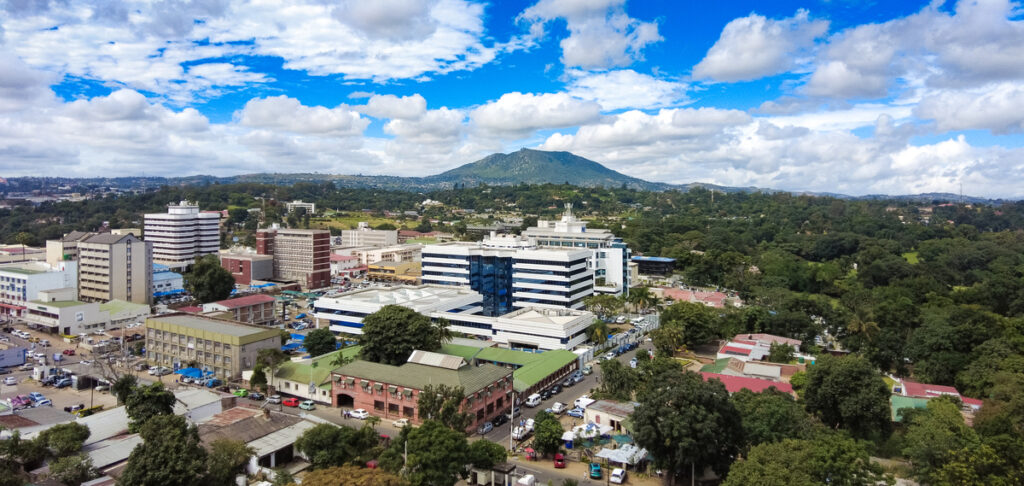IMF Warns of Deepening Economic Crisis in Malawi
The International Monetary Fund (IMF) has issued a stark warning over Malawi’s worsening economic situation, highlighting severe macroeconomic challenges that threaten the country’s stability and development prospects.
In its 2025 Article IV Consultation Report, the IMF cited a range of critical issues plaguing the southern African nation, including soaring inflation, persistent fiscal deficits, unsustainable public debt, and acute foreign exchange and fuel shortages.
According to the IMF, Malawi’s GDP growth rate has dropped to 1.8% in 2025, down from 1.9% in 2023, reflecting the economy’s continued slowdown. The country’s fiscal deficit now stands at 10.1% of GDP for the 2024/2025 fiscal year—driven by low revenue projections, increased election-related spending, and rising interest payments.
Malawi’s public debt has reached 88% of GDP as of the end of 2024, with interest bills alone estimated to consume nearly 7% of GDP, raising alarm over the country’s debt sustainability.
Compounding the situation, the Extended Credit Facility (ECF) agreement between the IMF and Malawi, initially approved in 2023, was automatically terminated on May 14, 2025, after 18 months without completing a required review.
The IMF has called for urgent policy action, stressing the need for Malawi to raise domestic revenue, cut unnecessary expenditures, stabilize the exchange rate, and tackle corruption. The country’s foreign reserves have dwindled to less than one week’s worth of import cover, further intensifying economic vulnerabilities.
IMF directors emphasized that only bold and sustained reforms can reverse the country’s current trajectory and pave the way for inclusive growth and improved living conditions for ordinary Malawians.



